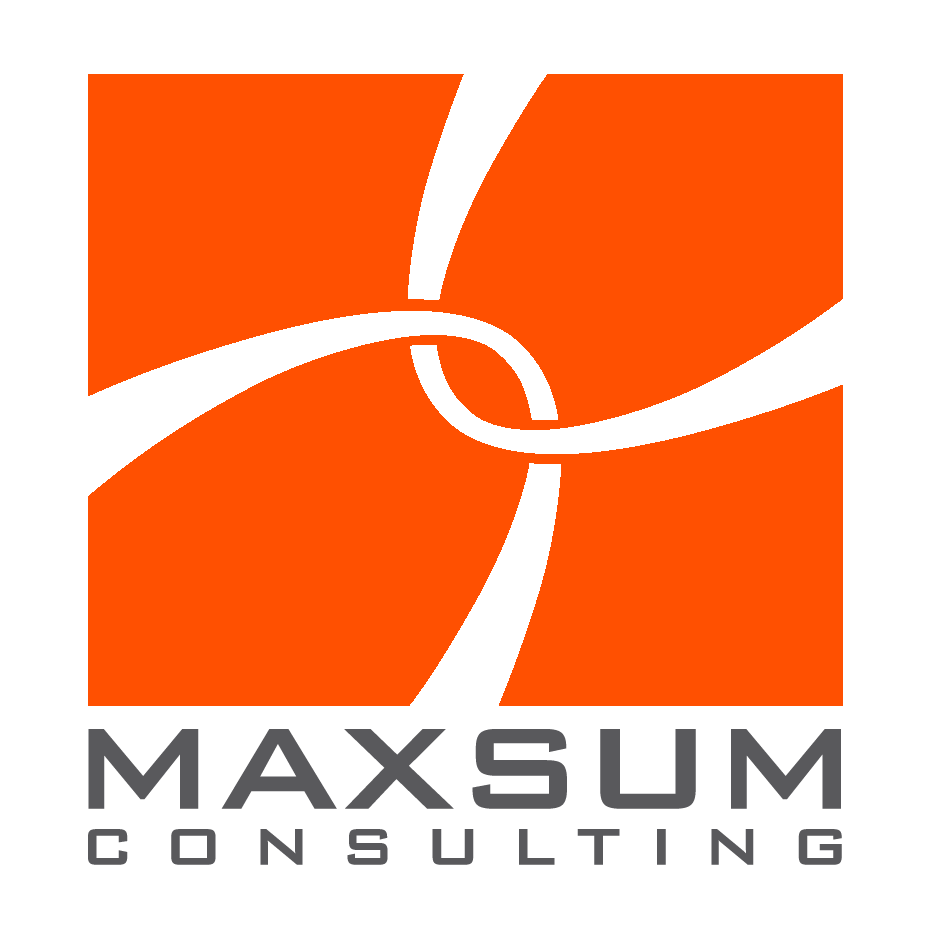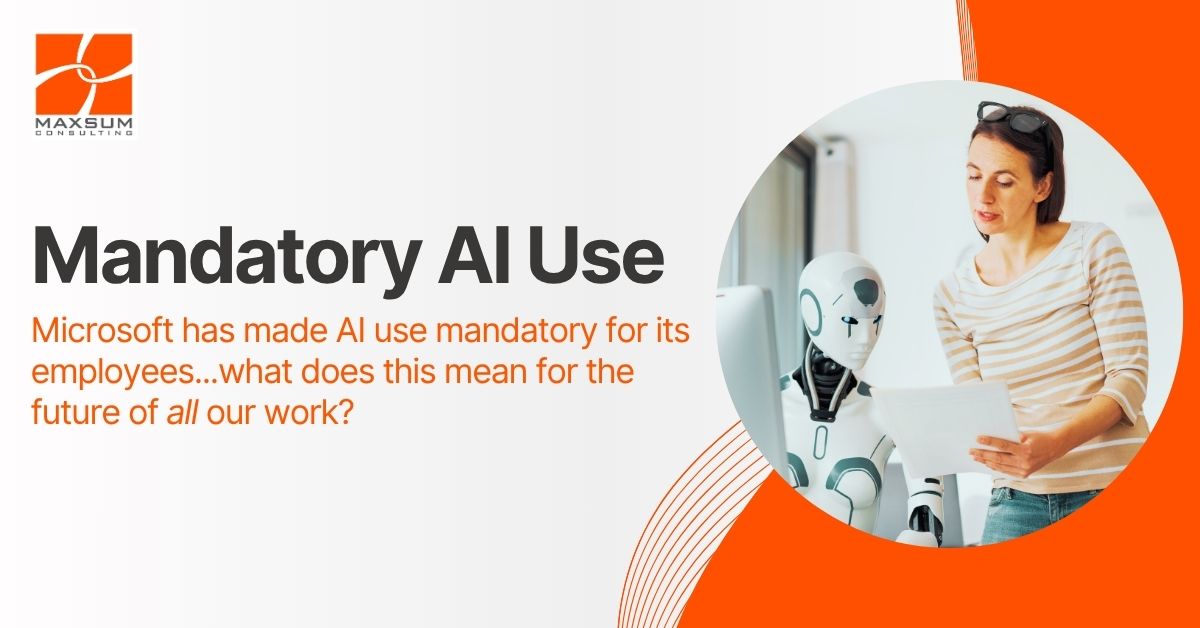5 ways the future of all our work is being redefined by AI
In a bold move that’s sending ripples across the corporate world, Microsoft has declared AI use mandatory for its employees. This isn’t just a tech policy—it’s a sign of how deeply AI is becoming embedded in the way we work, and a message to employees that if you’re not working with AI, you’re falling behind.
Microsoft is not alone in mandating AI; others like Shopify, Duolingo and Thomson Reuters have already made similar moves. More interesting is Microsoft’s plan to implement internal AI usage metrics into performance reviews over the next financial year.
Why is this important? It tells us that the Microsoft AI mandate is not about opening the floodgates or absolute delegation to AI. This is a “walk the walk” move designed to push their employees beyond the barriers of fear and resistance; it’s permission to accelerate with outcomes expected.
More specifically, Microsoft is directing employees to embrace AI as their digital coworker, to delegate automation, ideation and problem solving to their AI copilots as part of the daily work, with the clear expectation that they step back in to refine the outputs with uniquely human contextual expertise, creativity and ethical judgement.
What do AI mandates mean for the future of work everywhere?
Every organisation—and individual—should be paying attention to the how early AI power users are reshaping the business and human resource landscape right now. As advanced AI champions like Microsoft start to use mandates and performance metrics to move AI from implementation and adoption to true operationalisation, here is what they are telling us about the future of all our work as well as the skills and resources we’ll need to succeed.
1. AI Fluency Is the New Literacy
Microsoft’s message is clear: AI is no longer a tool for the tech-savvy few—it’s a core competency for everyone. Employees are expected to integrate AI into their daily workflows, from drafting emails with Microsoft Copilot to analysing data with AI-powered insights. The takeaway? If you’re not learning how to work with AI, you’re falling behind.
2. Human Skills Are More Valuable Than Ever
While AI can automate tasks and generate content, it can’t replicate human creativity, empathy, or ethical judgment. Microsoft’s approach reinforces the idea that AI is a co-pilot, not a replacement. The most successful professionals will be those who can pair AI capabilities with distinctly human strengths.
3. Hybrid Skillsets Are the Future
The workforce of tomorrow will be defined by those who can bridge the gap between technology and humanity. That means combining technical AI fluency with soft skills like communication, storytelling, and strategic thinking. It’s not about becoming a coder—it’s about becoming AI-confident.
4. Ethical Judgement, Oversight and Correction Are Non-Negotiable
As AI becomes more embedded in decision-making, the risks of bias, misinformation, over-sharing and over-automation grow. Microsoft is placing a strong emphasis on responsible AI use, and that means employees must be equipped to question, challenge, and guide AI outputs with a critical eye. It also means that your IT and Security operations need to be leveraging AI-appropriate security, privacy and compliance automation and management toolsets to maintain strong technical and governance guardrails and execute agile corrections.
5. Collaboration Is Being Redefined
The future of work isn’t about humans vs. machines—it’s about humans and machines working together. Microsoft’s AI mandate is a call to action: learn how to collaborate with AI, understand its strengths and limitations, and use it to amplify—not replace—your impact.
What This Means for Your Organisation
Whether you’re in management, sales and marketing, operations, HR, or leadership, the message is the same: AI is here to stay, and it’s time to upskill. At Maxsum, we’re helping businesses navigate this shift by considering AI as an essential part of your digital strategy, tech stack and operations, processes and workforce development.
Want to explore how your team can become AI-ready? Let’s talk.



